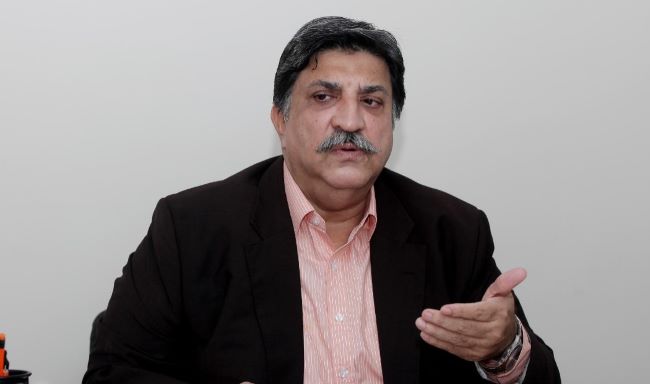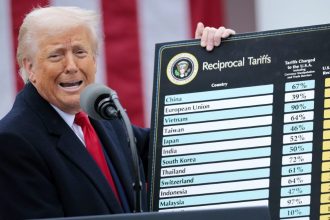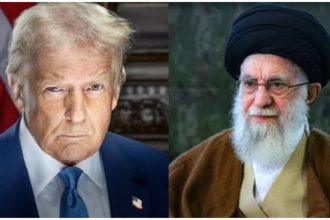Pakistan’s Exchange firms offered to open and pay for the opening of letters of credit for imports because banks lacked foreign reserves.
Muhammad Zafar Paracha, General Secretary of the Exchange Companies Association, said banks’ refusal to open letters of credit is affecting many industries.
Taking note of the crisis, exchange companies offered to help the government by providing US dollars, just as they do for credit card settlement, education, medical treatments abroad, Hajj, Umrah, religious pilgrimages, and other travel.
Paracha said, “If the government allows, exchange companies are ready to pay up to USD 50,000/- for pending LCs and open new LCs to facilitate nation and country concerns.”
He said this would ensure essentials and ease government burdens.
Next month, they may finance $200-250 million in imports (LCs). He said they’d offer financing at Rs255/$, compared to Rs227/$ in the interbank market. The black market rate is over Rs270, he said.
Paracha said financing LCs on the open market would divert foreign exchange from illegal hawala-hundi markets to the legal market.
He said Ishaq Dar had received the exchange firms’ suggestion. Currency dealers’ proposals come as the country’s reserves dwindle. The central bank’s foreign reserves fell $245 million to $5.6 billion on December 30.
As commercial banks refuse to open letters of credit for import consignments, exchange firms have yet to release dollars to even their frequent non-trade clients.
Importers have seen their credit letters denied or consignments sit at docks for weeks due to a lack of bank clearance. In addition, demurrage charges deepen importers’ liquidity problems.
Friday, January 6, edible oil importers asked the central bank to intervene because commercial banks refused to issue credit letters on the interbank rate despite the sector being exempt from the condition.






